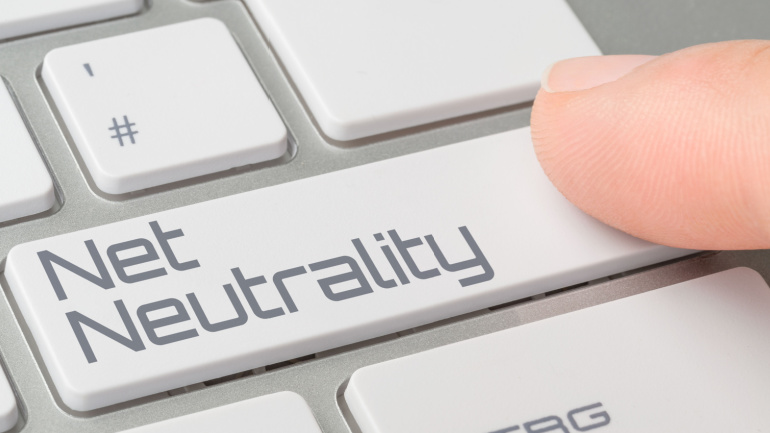
The Federal Communications Commission (FCC) has voted in favour of starting procedures to bring back open internet protections, often referred to as net neutrality rules. These rules, dissolved during the Trump administration, have been opened for public comments and are set to be voted on once more in a few months.
The scope of the public consultation is to establish if fixed and mobile broadband internet services should be deemed a necessary “telecommunications” service as per Title II of the Communications Act. The FCC’s announcement emphasized that without the authorization furnished by this Act, no federal agency can effectively tackle or alleviate broadband outages threatening jobs, education, health, and safety.
The FCC also intends to enforce stringent and nationwide open internet provisions to deter Internet Service Providers (ISPs) from “blocking legal content, adjusting speeds, and crafting fast lanes that favour others who can pay for access”. These open internet protections, that were active between 2005 and 2018, served as a shield for both users and businesses.
Currently, the Commission appears to be in favour of net neutrality, proposing rules that aim to not only consider broadband services as an essential function but simultaneously ensure data privacy and safety. FCC Chairwoman Jessica Rosenworcel voiced her concern stating, “That means these providers cannot sell your location data, among other sensitive information. Privacy protections extend to voice customers but not broadband subscribers. Does this make sense? Do we want our broadband providers selling what we do online?”
Rosenworcel also cleared up any notions of rate regulation by stating, “We know competition is the best way to bring down rates for consumers. We will not let broadband providers, gatekeepers to the internet, dictate what we can and cannot say online.”
The reinstatement of open internet protections will bring about a uniform framework country-wide, instead of states individually configuring open internet protection policies as was the practice following the withdrawal by the previous administration.
Rosenworcel revealed that a good number of states continued adopting net neutrality rules during the hiatus, stating, “in effect, we have open internet policies that providers are abiding by right now… But when you are dealing with the most essential infrastructure in the digital age, come on, it’s time for a national policy”.




